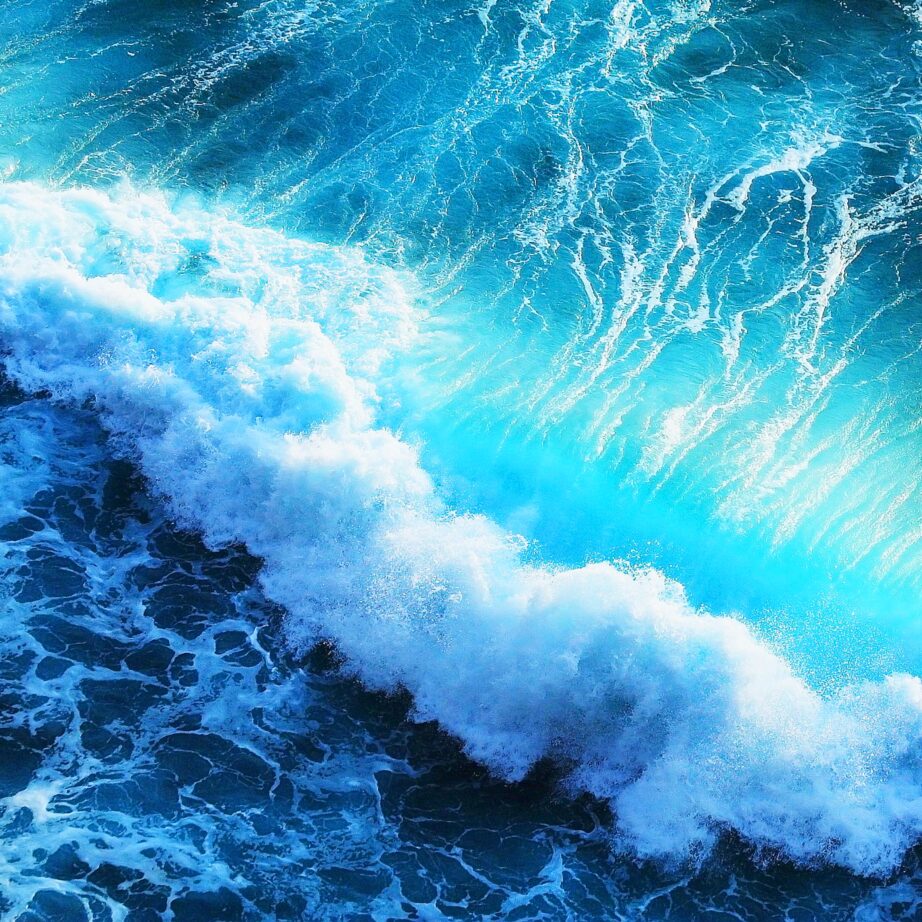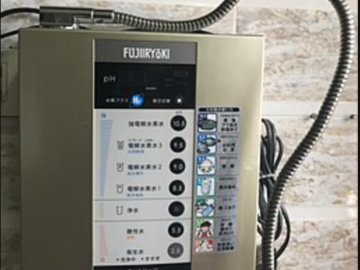Microplastics and Ocean Health: Taking Action for a Sustainable Future
Microplastics are everywhere. Our oceans, with their vastness and beauty, are essential for the health of our planet and all life on it. However, they face a grave threat from an invisible enemy – microplastics. These tiny plastic particles, often invisible to the naked eye, pose a significant risk to marine ecosystems, wildlife, and even human health. In this blog post, we will explore the issue of microplastics, and their impact on ocean health, and discuss actionable steps individuals can take to make a positive difference.
Microplastics are plastic fragments measuring less than 5mm in size. They can originate from a variety of sources, including the breakdown of larger plastic debris, microbeads in personal care products, synthetic fibers from textiles, and even atmospheric deposition. Due to their small size, they can be easily ingested by marine organisms and enter the food chain, eventually reaching humans.
Impact on Ocean Health:
- Threat to Marine Life: Microplastics are ingested by a wide range of marine species, from zooplankton to fish, sea turtles, and marine mammals. This ingestion can cause physical harm, internal blockages, and impair digestion, leading to malnutrition, reduced reproductive success, and even death.
- Disruption of Ecosystems: Microplastics can alter the balance of marine ecosystems by affecting the feeding behavior and reproductive capabilities of various organisms. Additionally, they can transport harmful chemicals and pathogens, posing additional risks to marine life.
- Human Health Concerns: Emerging research suggests that microplastics can enter the human food chain through the consumption of seafood and even drinking water. The potential health impacts of microplastics on human well-being are still being investigated, but it raises concerns about long-term consequences.
Taking Action:
- Reduce Single-Use Plastics: Embrace a lifestyle that minimizes the use of single-use plastics such as plastic bags, bottles, and straws. Opt for reusable alternatives like cloth bags, stainless steel bottles, and bamboo utensils.
- Proper Waste Management: Ensure that you dispose of plastic waste responsibly. Recycle whenever possible and encourage others to do the same. Participate in local beach cleanups or community initiatives to tackle plastic pollution.
- Avoid Microbeads: Be mindful of personal care products such as exfoliating scrubs and toothpaste that contain microbeads. Choose products with natural alternatives or biodegradable exfoliants instead.
- Support Legislation and Policies: Stay informed about initiatives and policies aimed at reducing plastic pollution and support organizations working towards stricter regulations. Write to your local representatives to advocate for stronger legislation and sustainable practices.
- Spread Awareness: Educate yourself and others about the dangers of microplastics and the importance of ocean health. Share information on social media, engage in discussions, and support educational initiatives that raise awareness about plastic pollution.
The issue of microplastics poses a significant threat to the health of our oceans, ecosystems, and ultimately, our own well-being. By understanding the impact of microplastics and taking action, we can contribute to the preservation of our oceans for future generations. Together, we have the power to reduce plastic pollution, support sustainable practices, and create a healthier environment for marine life and ourselves. Let’s make conscious choices, advocate for change, and inspire others to join us on this crucial journey towards a sustainable future.





